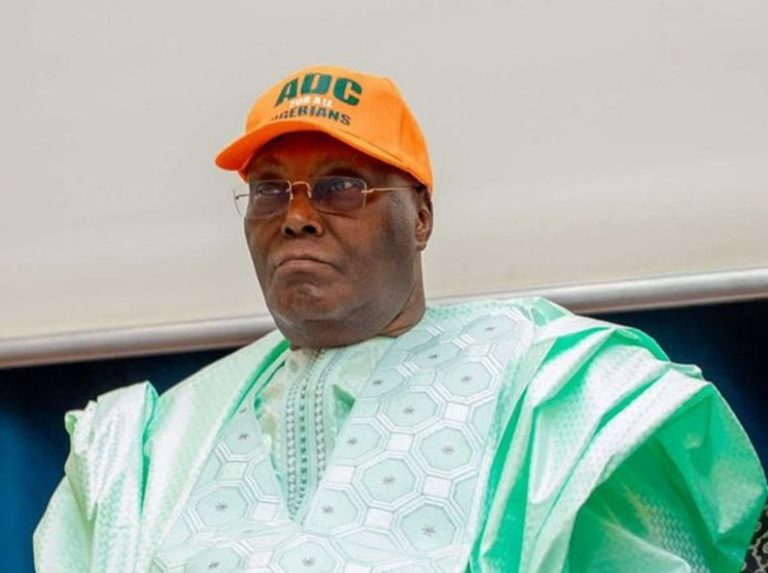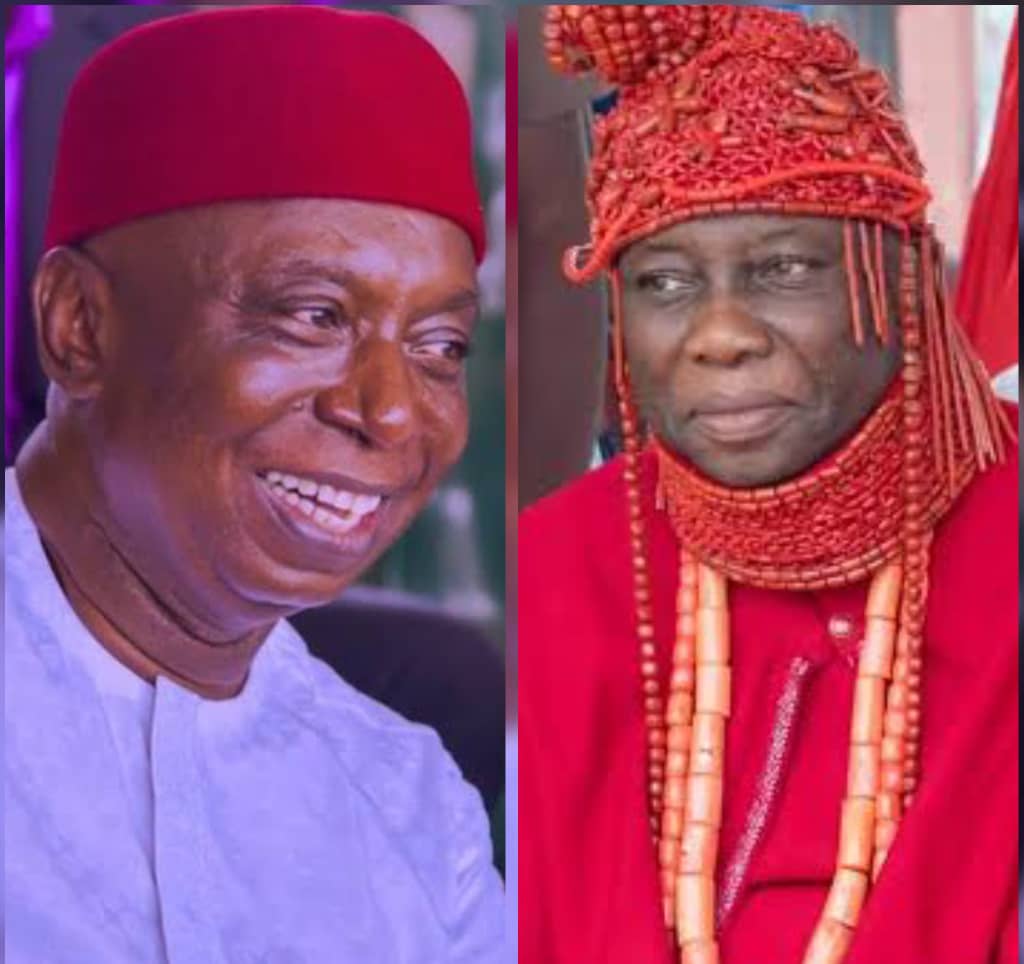Former Minister of Labour and Employment, Senator Chris Ngige, has disclosed that he was taken to the controversial Okija shrine against his will just days before his election to swear an oath of loyalty. Ngige, who served as a minister during President Muhammadu Buhari’s administration, made the revelation while recounting events that occurred in the lead-up to his political career as governor of Anambra State.
Speaking in an interview reported by Vanguard on Saturday, August 9, 2025, Ngige said the incident happened at midnight and that he had no idea where he was being taken at the time. According to him, it was only upon arrival that he discovered the location was the Okija shrine, a place infamous for its use in oath-taking among politicians and businessmen in the region.
Ngige explained that he was told by those who brought him there that it was necessary for him to swear an oath of loyalty. He recounted that he went to the shrine with his Bible and a bottle of holy water, stating that he never placed faith in traditional shrines or deities. The senator said he believes firmly in God’s supremacy and did not see the shrine as having any real spiritual power.
He narrated that during the visit, one of the individuals present volunteered to swear the oath on his behalf. Ngige did not name the person, but indicated that he himself did not directly participate in the ritual. The former minister stressed that he was not in support of such practices, calling them fraudulent and spiritually powerless.
Ngige revealed that after he became governor, he began receiving security reports that detailed the extent of fraudulent activities associated with the Okija shrine. These reports allegedly documented how the shrine was used to intimidate or control people, often in the political space.
According to Ngige, it was these revelations that prompted then-President Olusegun Obasanjo to order that the shrine be dismantled. He stated that Obasanjo instructed the Inspector General of Police at the time to direct the Commissioner of Police to take immediate action in shutting it down.
The Okija shrine gained national notoriety in 2004 when police raids uncovered dozens of corpses and human remains at the site, sparking widespread public outrage and linking the shrine to various criminal and occult practices. The shrine was allegedly used by powerful individuals to administer binding oaths, which were believed to ensure loyalty and obedience.
Ngige’s account adds a personal dimension to the long-standing controversy surrounding the shrine, highlighting the pressures faced by political figures in Nigeria’s highly competitive and often perilous political environment. His comments also underscore the continued tension between traditional belief systems and modern political practices in the country.
The senator’s recollection comes more than two decades after the events, but it sheds light on the intersection of politics, fear, and superstition in Nigeria’s political history. His insistence that he was taken there by force suggests that such practices were not always voluntary, but in some cases imposed as a condition for political acceptance or survival.
Ngige’s statement is likely to rekindle public discussion about the role of traditional shrines in politics and the extent to which fear-based rituals have influenced political loyalty and decision-making in parts of the country. It may also renew calls for a deeper investigation into the cultural and political mechanisms that allow such practices to persist despite modern laws and religious beliefs opposing them.





